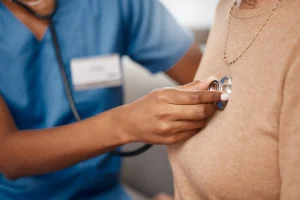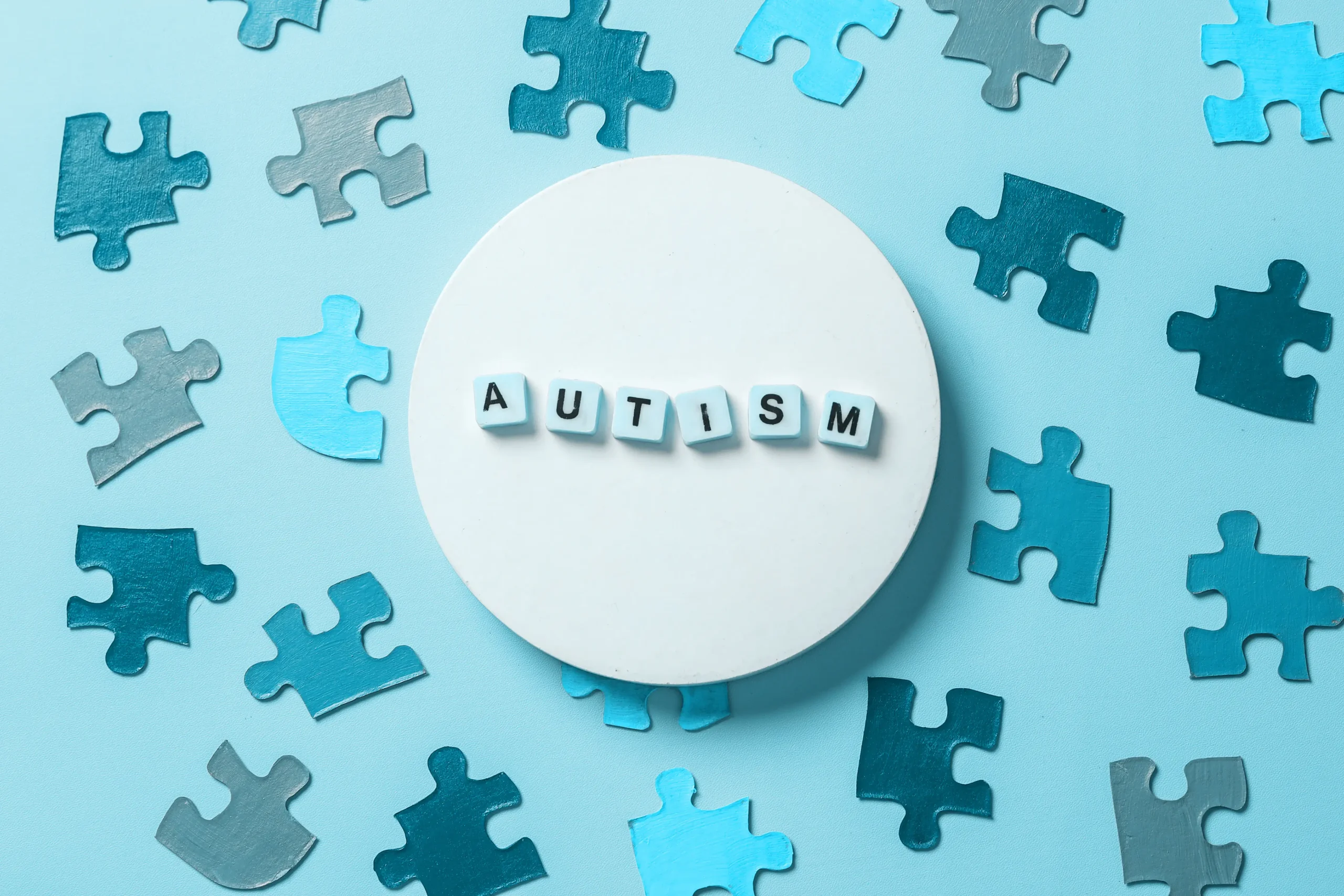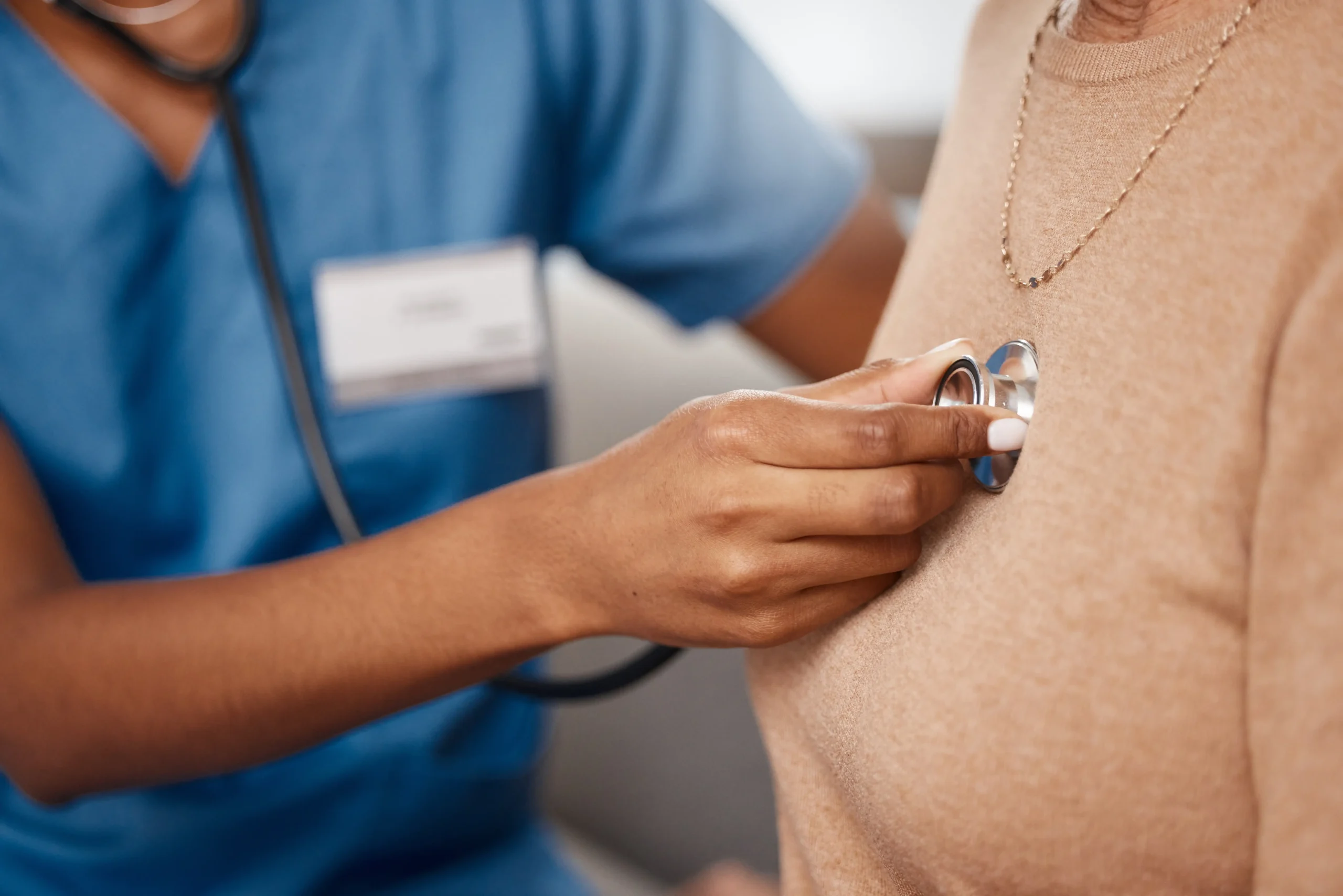5 Things You Need to Know About Malaria
Malaria is a deadly disease caused by a parasite carried within the female Anopheles mosquito. The disease is mainly transmitted to people when they are bitten by this type of infected mosquito. Recent statistics released by the World Health Organization (WHO), reported that the estimated number of malaria cases worldwide reached the 229 million mark in 2019, and claimed 409 000 lives. Africa remains the most affected continent, as 94% of the total global cases occurred here. Malaria is curable when the disease is diagnosed early and treated swiftly. However, it remains crucial to take preventative measures when travelling to a high-risk area. Here are 5 things you should know about the disease to ensure that you are well informed:
High-risk regions
Malaria thrives in warm, tropical and sub-tropical regions. Countries in sub-Saharan Africa are especially at risk. WHO statistics indicate that Nigeria, the Democratic Republic of the Congo, Tanzania, Burkina Faso, Mozambique, and Niger accounted for half of the global Malaria deaths in 2019. Besides African countries, regions in South-East Asia, the Eastern Mediterranean and West Pacific have also shown prevalence to the disease. In South Africa, Malaria season starts during summer months. High transmission periods run from September until the end of May and tends to drop during winter months. Caution should be taken when travelling to the following areas: Northern areas of Kwa-Zulu Natal (specifically areas that border with Mozambique), the low-veld areas of Mpumalanga, the Kruger National Park, and north-eastern parts of Limpopo.
Transmission cycle and symptoms
The female Anopheles mosquito is the vector of malaria. An uninfected mosquito starts to carry the parasite when it bites a person who has Malaria. When bitten by an infected mosquito, the parasite is carried to the liver, and can remain dormant for up to a year. As the parasite matures, it enters your bloodstream and at this stage symptoms usually occur. The initial symptoms appear within 10-15 days after being bitten. A fever, headache and chills can at first be mild, however they should not be left untreated as they can quickly become severe. Additional symptoms include excessive sweating, nausea and vomiting, abdominal pain, diarrhoea, fatigue, muscle and joint pains, rapid breathing, and increased heart rate. Symptoms should not be ignored and seeking medical care is essential. If left untreated, Malaria can cause brain swelling, anaemia, low blood sugar, breathing difficulties and organ failure.
Treatment options
Malaria is treated with medication that kills the parasite. The type of medication and length of treatment will depend on the patient’s symptoms, age, the type of Malaria parasite contracted, and whether the patient is pregnant or not. The following medications are widely prescribed to treat the disease:
- Chloroquine phosphate
- Artemisinin-based combination therapies (ACTs)
- Atovaquone-proguanil (Malarone)
- Quinine sulfate (Qualaquin) with doxycycline
- Primaquine phosphate
Individuals who are most vulnerable
Anyone travelling into a Malaria-region is at risk of becoming infected, however some individuals tend to be more susceptible. Children under the age of 5 are most vulnerable. This age group accounted for 67% of global Malaria deaths in 2019 (WHO, 2020). Pregnant women are also at high risk. If a pregnant woman becomes infected, it is highly likely that the disease will be transmitted to the unborn baby. Individuals living with HIV/AIDS and people who have lower immunity are also at risk.
Preventative measures
Researching the area that you will be travelling to and consulting with your doctor prior to your visit is encouraged. The following steps should also be taken to ensure that you are Malaria-safe:
- Take anti-Malaria drugs: These medications can reduce your risk of getting infected by up to 90%. Consult your doctor well ahead of departing on your trip, as you will start taking the medication 2 days before you travel. You will continue to take the medication daily during your visit and 4 weeks after returning.
- Apply mosquito repellent: This should be done during the day and especially at night-time.
- Wear long-sleeve clothing: Ensuring that your skin is protected and not exposed can reduce mosquito bites.
- Sleep with the fan on: Mosquitos dislike wind and tend to avoid a room when the fan is on.
- Sleep under a mosquito net: Make sure that the net covers your entire bed and that there are no holes or tears that mosquitos can enter through.
By doing the necessary research, informing yourself and taking the right preventative measures, your chances of being infected by Malaria will decrease substantially.
The lenmed Group is a world-class chain of Private Hospitals that brings quality healthcare to communities across Southern Africa.
For more information please contact:
Dr S Silvester, MD, MBBS (Cuba)
Emergency Room Physician
Maputo Private Hospital
Tel: +258 848 120 472
Email: [email protected] or [email protected]
Disclaimer: Any information contained here is merely a guideline. Always visit your healthcare practitioner for any health-related advice or diagnosis.















